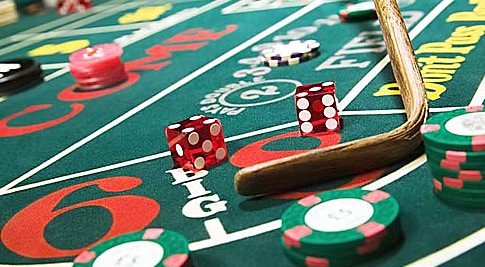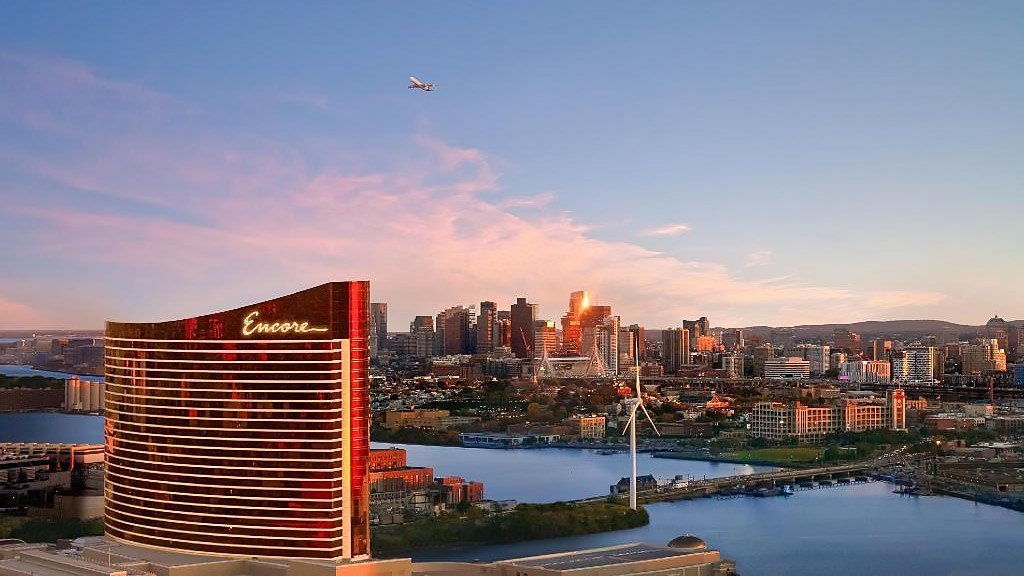Okinawa drops casino plan

Okinawa's abandonment of the project means the loss of a potential host for a gambling facility. In 2007, the prefectural government began studying the casino industry and it estimated that the establishment of family-friendly integrated resorts in the suburbs would yield economic benefits worth about 219 billion yen (US$ 1.8 billion) and create jobs for about 54,000 people.
Attracting integrated resorts to the prefecture was also considered a trump card to utilize vast areas of land that would be available after U.S. military bases were returned to Japan in the future.
The prefectural government has allocated about 86.4 million yen through this fiscal year, aiming to develop a basic plan on the casino project after a bill to promote the domestic establishment of integrated resorts was passed. "It could have a negative impact on the tourism industry, which has been doing well thanks to the influence of soft power, including nature, history and traditional culture," Onaga said. "Gambling addiction is also a concern."
The end of the casino project will force the prefectural government to review its own action plan, which is based on the prefectural government's master plan for tourism promotion. The master plan has set an annual target of 10 million visitors. The government has been accelerating preparations for casino projects by launching a special study team in the Cabinet. The study of integrated resorts was added to the agenda for the nation's growth strategy that was approved by the Cabinet in June last year.
Meanwhile, the Tokyo metropolitan government has also become more cautious about integrated resorts after the new governor took office. "We hope progress toward lifting the ban on [integrated resorts] won't slow down just because of Okinawa's negative stance," a government official said.

















